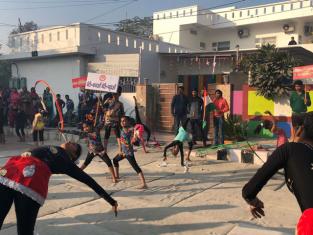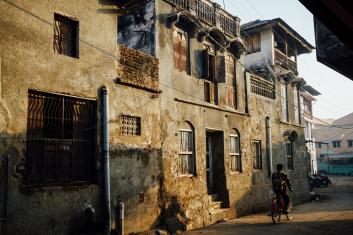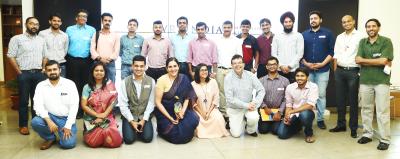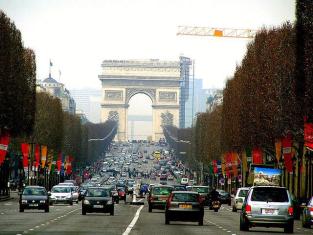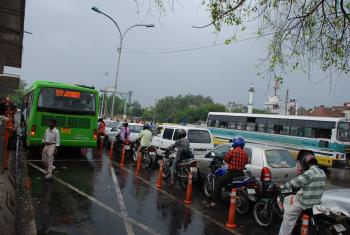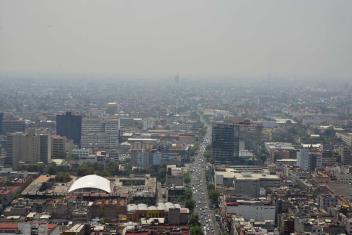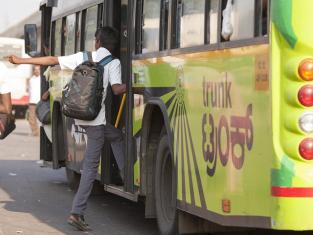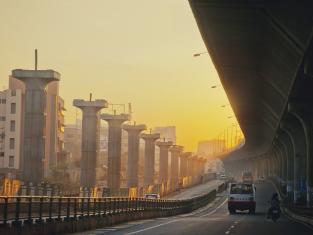Let’s curb pollution, a silent killer, for our children’s sake
by -This blog post was originally published in The Hindustan Times.
As per the State of Global Air 2018 report, the country lost 11 lakh people due to air pollution. But, we have still not understood the severity of the issue.
Last Sunday, over 3,000 people turned up in the morning to protest against the growing air pollution in Gurugram. Protests are part of our society, so it was not surprising to see...


